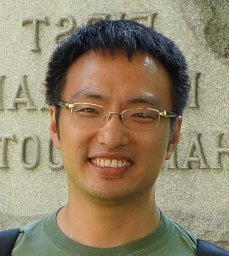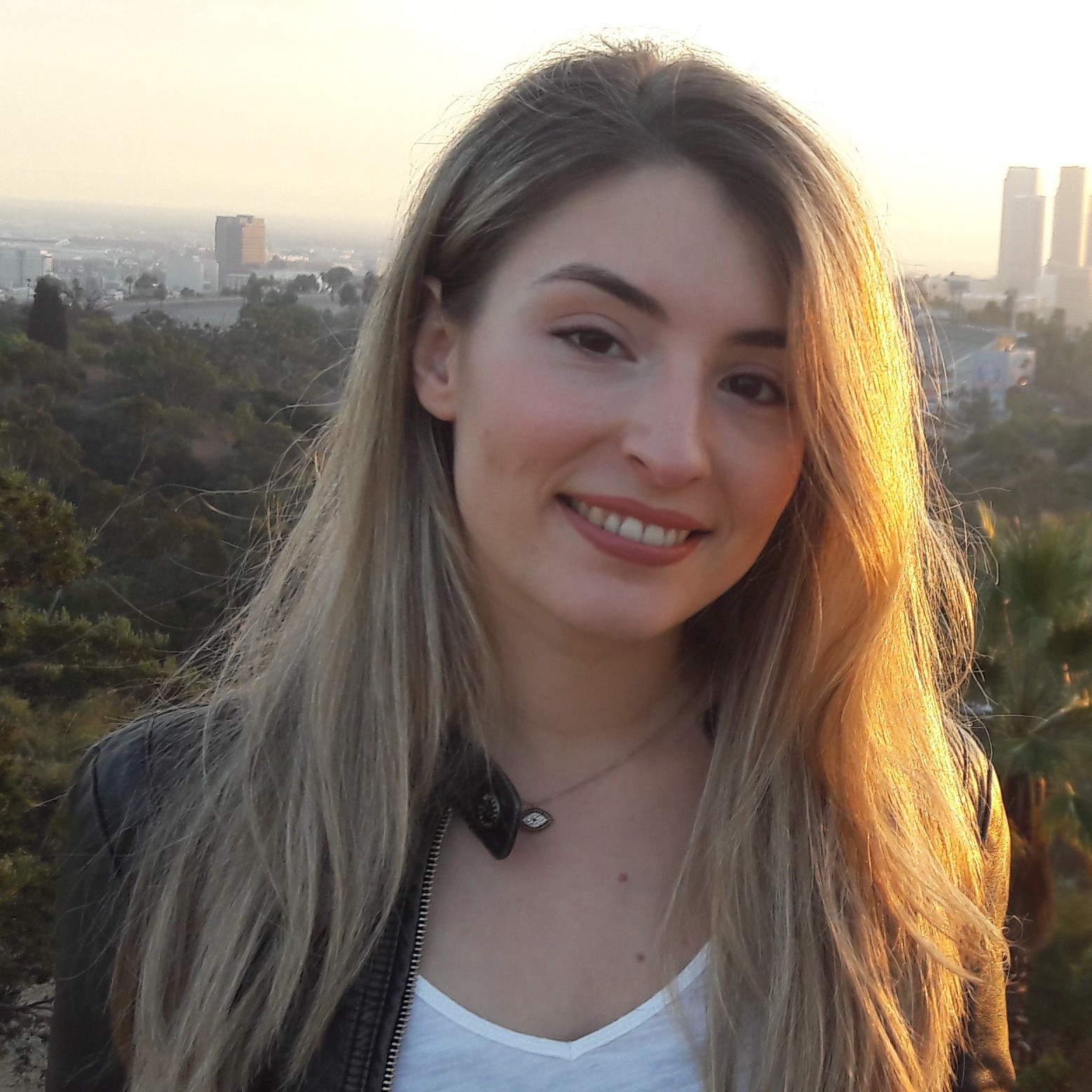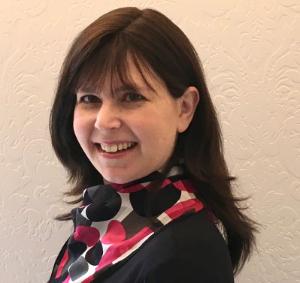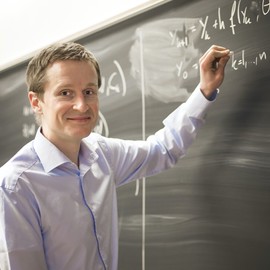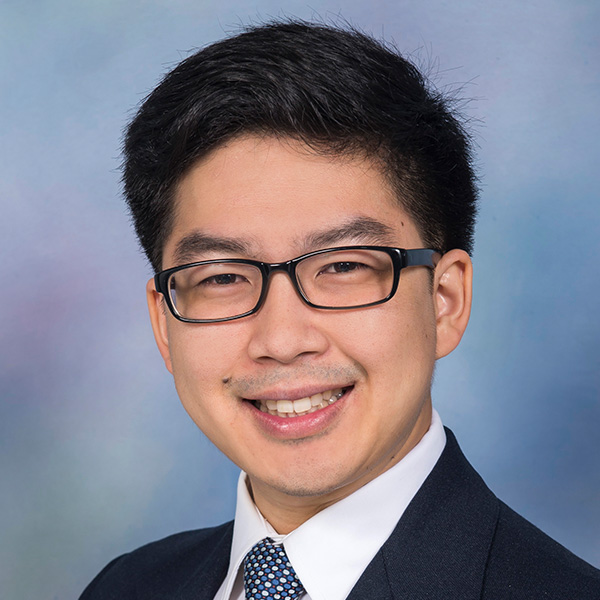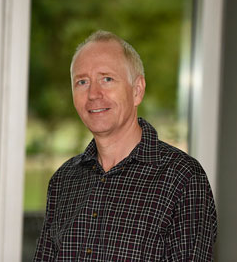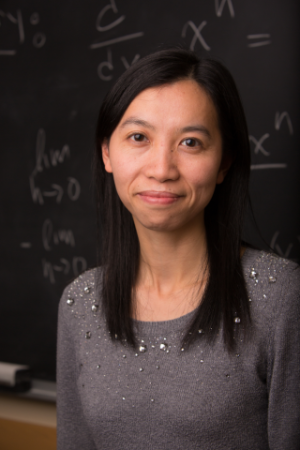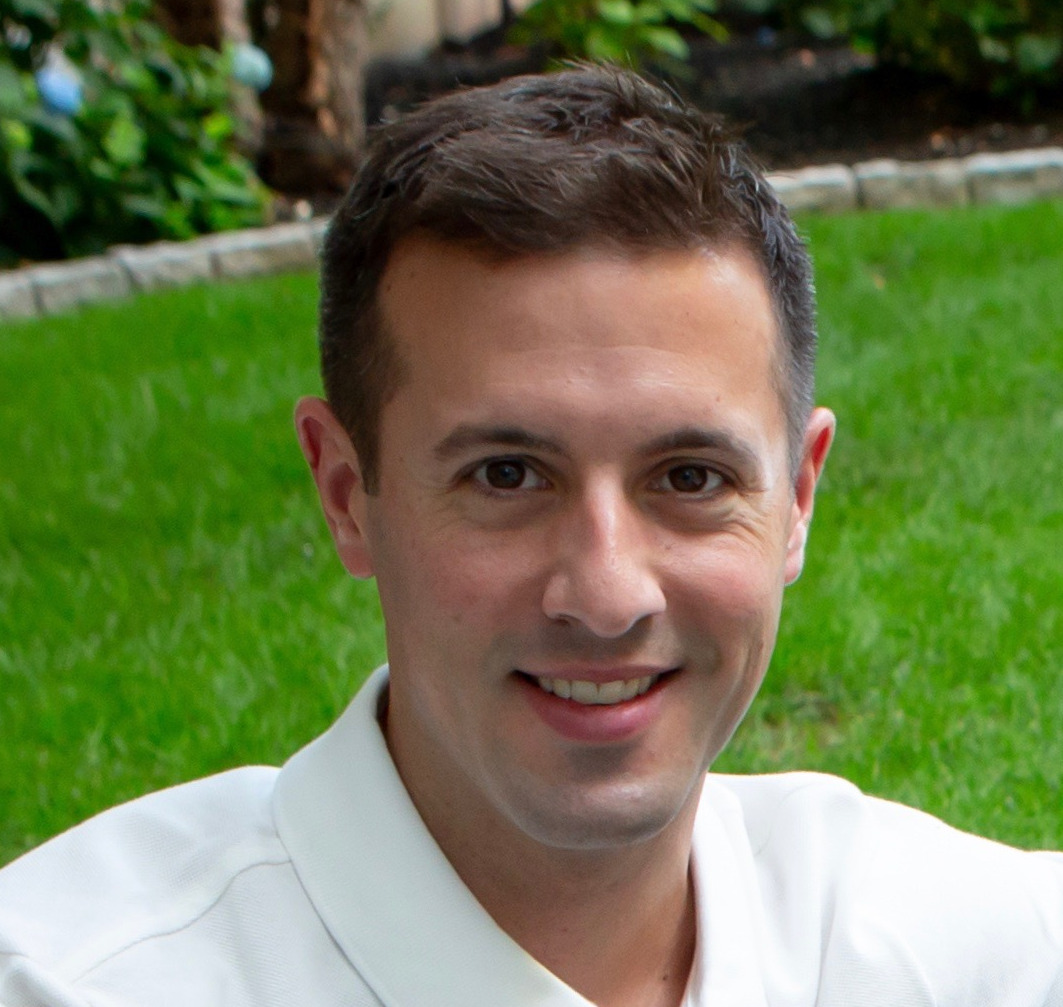Applied and Computational Mathematics Seminar
Department of Mathematics and Statistics
Fall 2021 Schedule
Parker Hall 228, Friday 3p.m. (CST)
| Speaker | Institution | Date |
| Le Chen | Auburn University | August 27 |
| Maria Ntekoume | Rice University | September 3, Zoom |
| Sigal Gottlieb | University of Massachusetts, Dartmouth | September 10, Zoom |
| Stephen Shipman | Louisiana State University | September 17 |
| Lars Ruthotto | Emory University | September 24, Zoom |
| Joshua Lee Padgett | University of Arkansas | October 1, Zoom |
| Jesse Chan | Rice University | October 15 |
| Ludmil Zikatanov | Pennsylvania State University | October 22 |
| Rudi Weikard | University of Alabama at Birmingham | November 5 |
| Chiu-Yen Kao | Claremount Mckenna College | November 12 Zoom |
| Mike O’Neil | New York University | December 3 Zoom |
Le Chen
|
|
Title: Exact asymptotics of the stochastic wave equation with time-independent noise Abstract: In this talk, I will report a recent joint work with Raluca Balan and Xia Chen. In this work, we study the stochastic wave equation in dimensions $d\leq 3$, driven by a Gaussian noise $\dot{W}$ which does not depend on time. We assume that either the noise is white, or the covariance function of the noise satisfies a scaling property similar to the Riesz kernel. The solution is interpreted in the Skorohod sense using Malliavin calculus. We obtain the exact asymptotic behaviour of the p-th moment of the solution either when the time is large or when p is large. For the critical case, that is the case when d=3 and the noise is white, we obtain the exact transition time for the second moment to be finite.
|
Maria Ntekoume
|
|
Title: Symplectic non-squeezing for the KdV flow on the line Abstract: In this talk we prove that the KdV flow on the line cannot squeeze a ball in $\dot H^{-\frac 1 2}(\mathbb R)$ into a cylinder of lesser radius. This is a PDE analogue of Gromov’s famous symplectic non-squeezing theorem for an infinite dimensional PDE in infinite volume.
|
Sigal Gottlieb
|
|
Abstract: Time stepping methods are critical to the stability, accuracy, and efficiency of the numerical solution of partial differential equations. In many legacy codes, well-tested low-order time-stepping modules are difficult to change; however, their accuracy and efficiency properties may form a bottleneck. Time filtering has been used to enhance the order of accuracy (as well as other properties) of time-stepping methods in legacy codes. In this talk I will describe our recent work on time filtering methods for the Navier Stokes equations as well as other applications. A rigorous development of such methods requires an understanding of the effect of the modification of inputs and outputs on the accuracy, efficiency, and stability of the time-evolution method. In this talk, we show that time-filtering a given method can be seen as equivalent to generating a new general linear method (GLM). We use this GLM approach to develop an optimization routine that enabled us to find new time-filtering methods with high order and efficient linear stability properties. In addition, understanding the dynamics of the errors allows us to combine the time-filteringGLM methods with the error inhibiting approach to produce a third order A-stable method based on alternating time-filtering of implicit Euler method. I will present our new methods and show their performance when tested on sample problems.
|
Stephen Shipman
|
|
Title: Inverse problem for a spectral asymmetry function
|
Lars Ruthotto
|
|
Title: A Machine Learning Framework for High-Dimensional Mean Field Games and Optimal Control
|
Joshua Lee Padgett
|
|
Title: Localization properties of discrete non-local Hamiltonian operators
|
Jesse Chan
|
|
Title: Recent advances in high order entropy stable discontinuous Galerkin schemes
|
Ludmil Zikatanov
|
|
Title: A Posteriori Error Estimates in Finite Element Method by Preconditioning Abstract:We present a framework that relates preconditioning with a posteriori error estimates in finite element methods. In particular, we use standard tools in subspace correction methods to obtain reliable and efficient error estimators. As a simple example, we recover the classical residual error estimators for the second order elliptic equations as well as present some new estimators for systems of PDEs. This is a joint work with Yuwen Li (Penn State).
|
Rudi Weikard
|
|
Title: Rough coefficients in ordinary differential equations Abstract: We investigate the spectral theory for the system $Ju’+qu=w(\lambda u+f)$ of ordinary differential equations where $J$ is constant invertible skew-hermitian matrix while $q$ is a hermitian and $w$ a non-negative matrix whose entries are distributions of order $0$. A major obstacle is the fact that, in general, the unique continuation of solutions of the differential equation is not possible. Basic information on distributions will be provided.
|
Chiu-Yen Kao
|
|
Title: Computational Approaches to Steklov Eigenvalue Problems and Free Boundary Minimal Surfaces Abstract: Recently Fraser and Schoen showed that the solution of a certain extremal Steklov eigenvalue problem on a compact surface with boundary can be used to generate a free boundary minimal surface, i.e., a surface contained in the ball that has (i) zero mean curvature and (ii) meets the boundary of the ball orthogonally (doi:10.1007/s00222-015-0604-x). In this talk, we discuss our new numerical methods that use this connection to realize free boundary minimal surfaces. Namely, on a compact surface, Σ, with genus γ and b boundary components, we maximize σj (Σ, g) L(∂Σ, g) over a class of smooth metrics, g, where σj (Σ, g) is the jth nonzero Steklov eigenvalue and L(∂Σ, g) is the length of ∂Σ. Our numerical method involves (i) using conformal uniformization of multiply connected domains to avoid explicit parameterization for the class of metrics, (ii) accurately solving a boundary-weighted Steklov eigenvalue problem in multi-connected domains, and (iii) developing gradient-based optimization methods for this non-smooth eigenvalue optimization problem. We numerically solve the extremal Steklov problem for the first eigenvalue and use corresponding eigenfunctions to generate a free boundary minimal surface, which we display in striking images. Many results are shown to demonstrate the accuracy and robustness of the proposed approaches.
This is a joint work with Braxton Osting at Department of Mathematics, University of Utah, United States, and Edouard Oudet at LJK, Universit´e Grenoble Alpes, France.
|
Mike O’Neil
|
|
Title: Advances in fast high-order boundary integral equation solvers in complex geometries in three dimensions
Abstract: The fast multipole method (FMM) was invented over 30 years ago and has enabled the asymptotically optimal solution of dense linear systems arising from the discretization of integral equations appearing in acoustics, electromagnetics, fluid flow, etc. However, in order to build FMM-accelerated high-order solvers in three dimensions, additional advances in mesh generation and quadrature are also required; efficient coupling of these schemes to the FMM itself is also of importance. In this talk I will give an overview of the ingredients needed to build boundary integral equation solvers in three dimensions, and then detail some recent advances in high-order mesh generation and quadrature. Numerical examples for the Helmholtz and Laplace-Beltrami equations will be shown.
|

